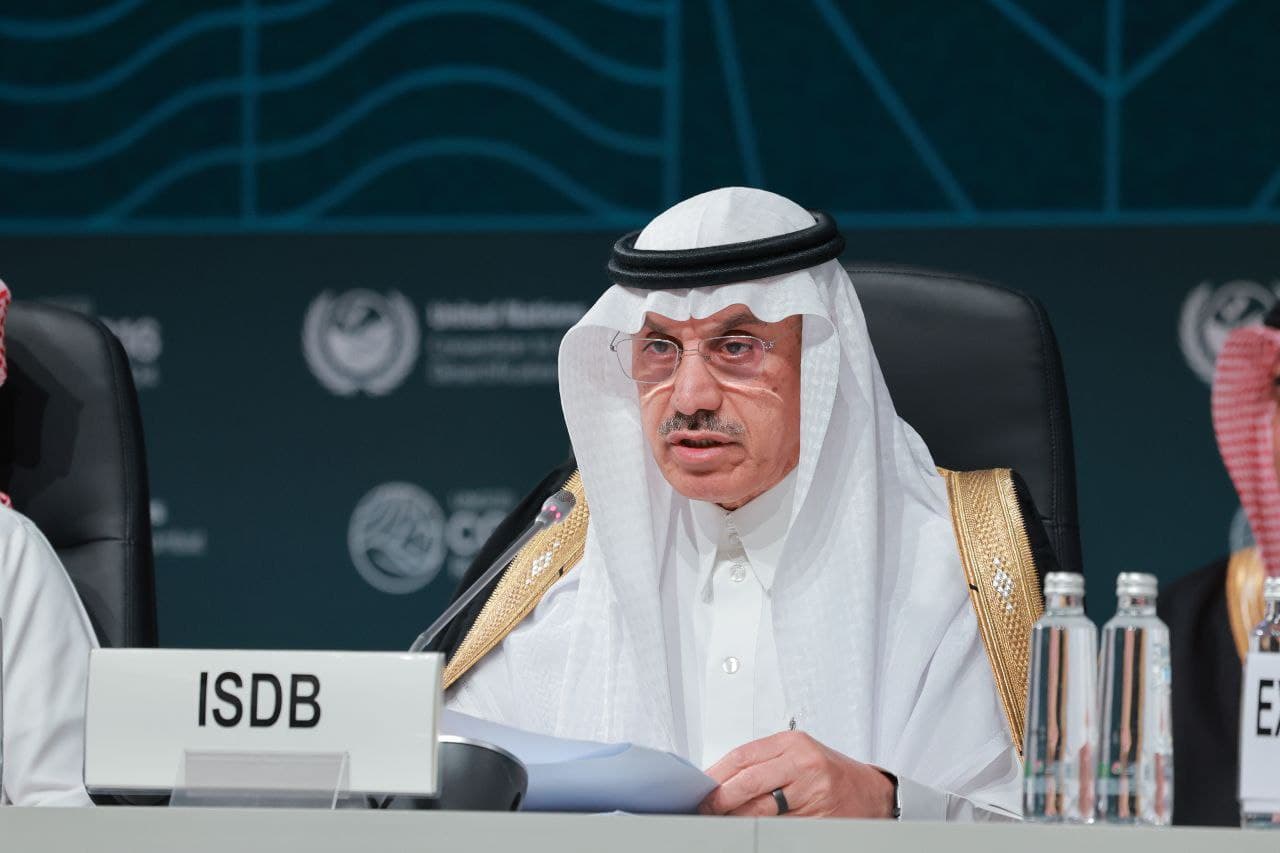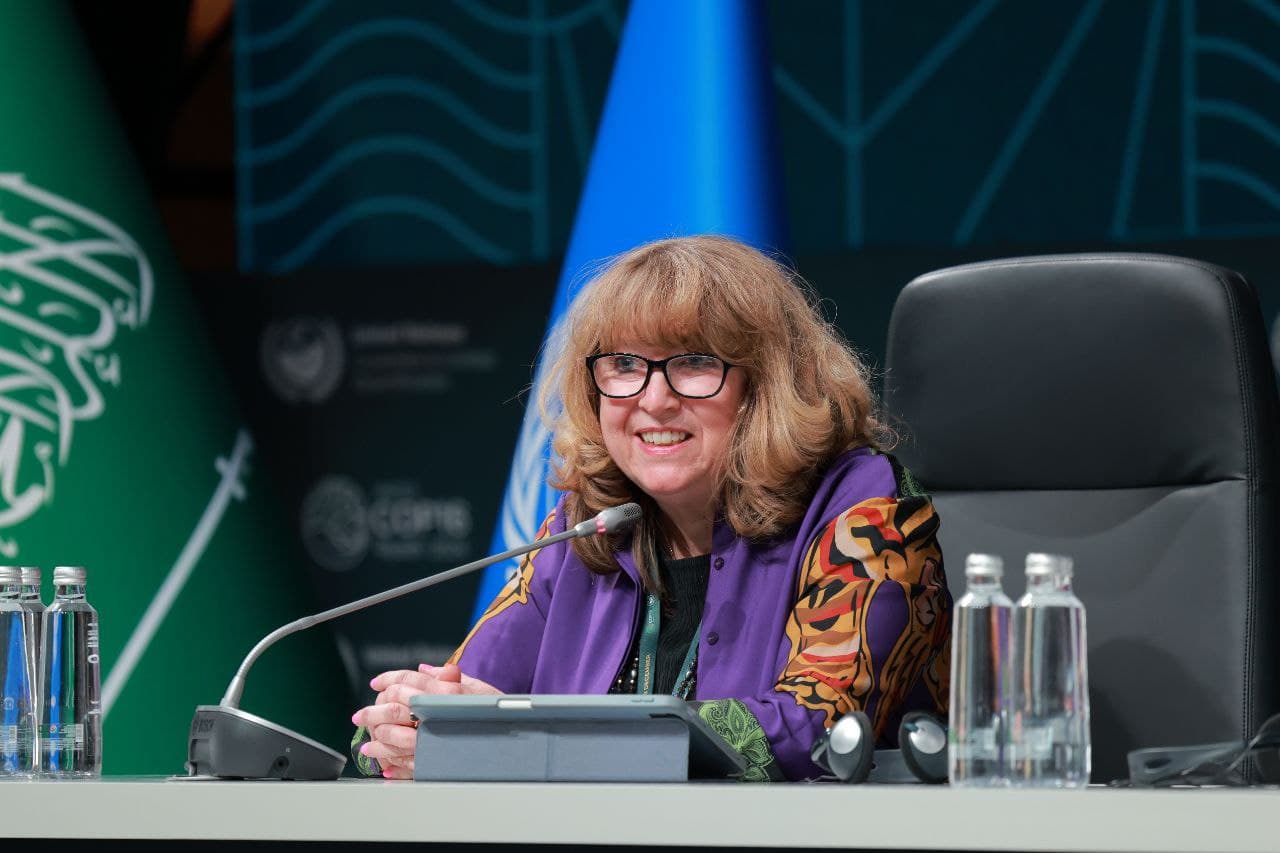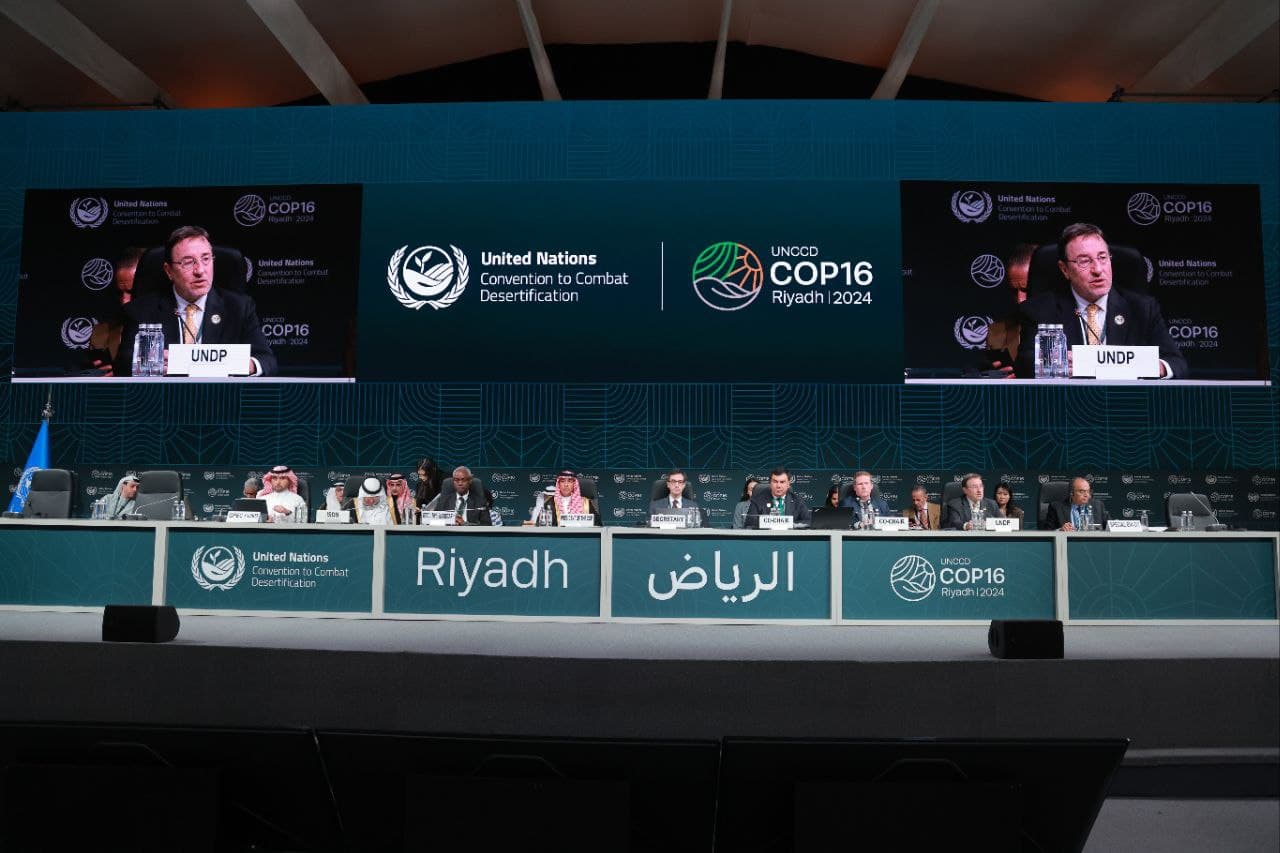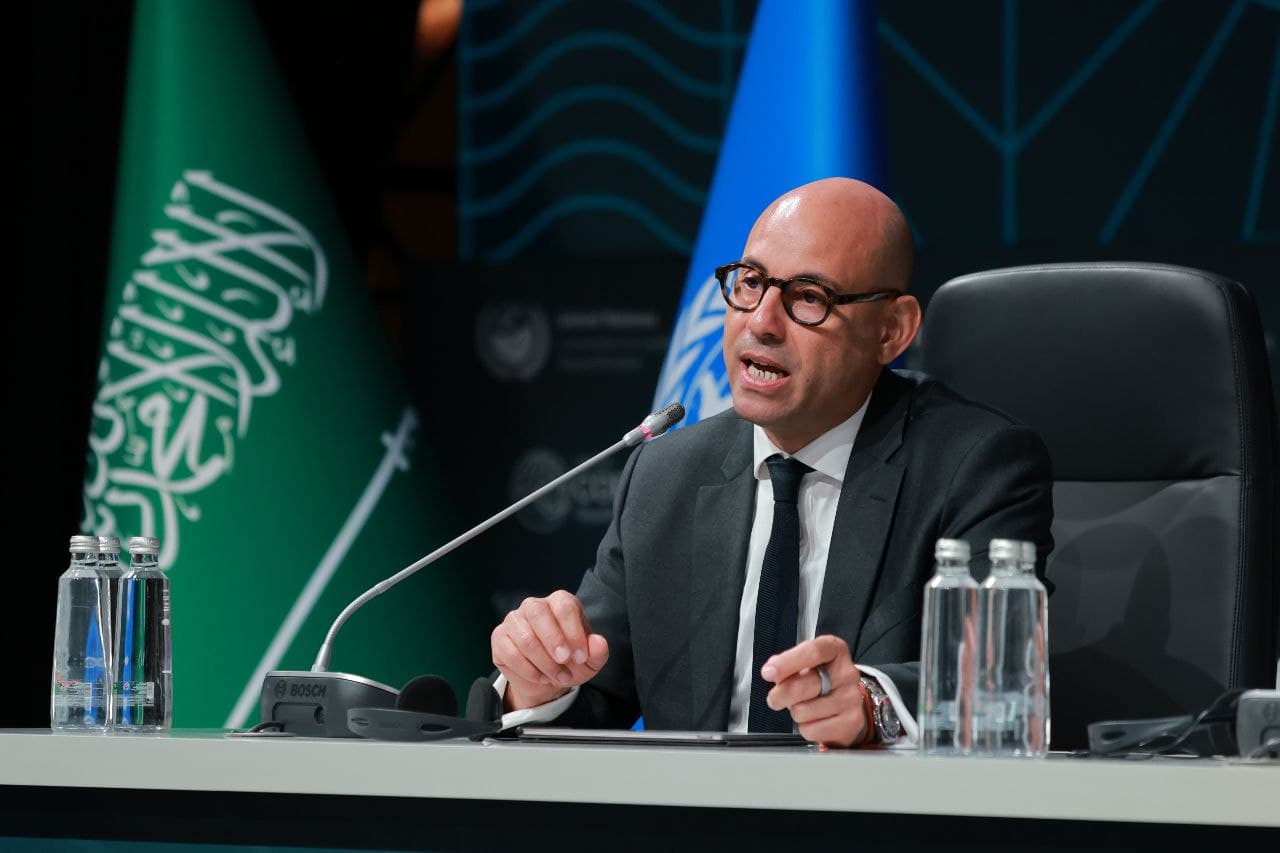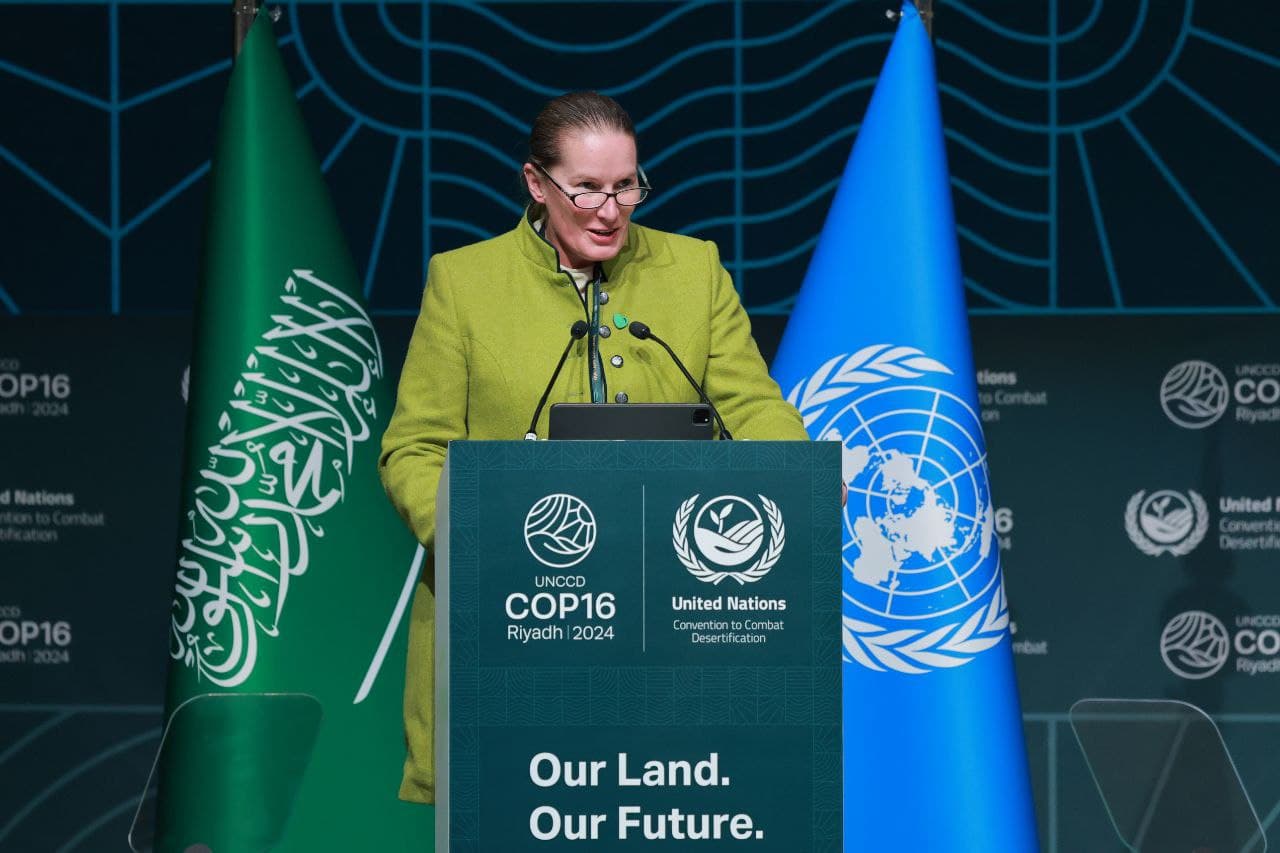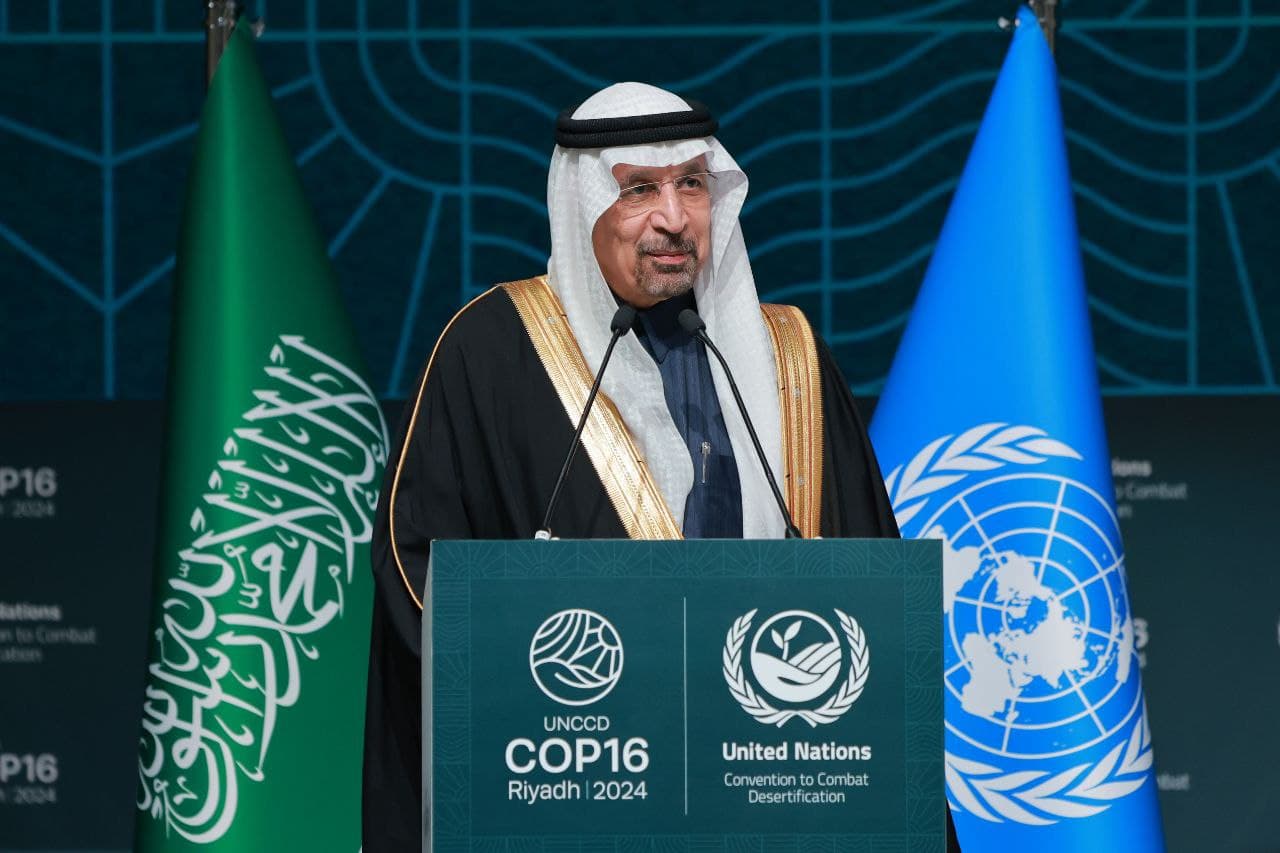The need to mobilize finance to combat land degradation, desertification, and drought is considered
2024-12-03 16:45:00 / News
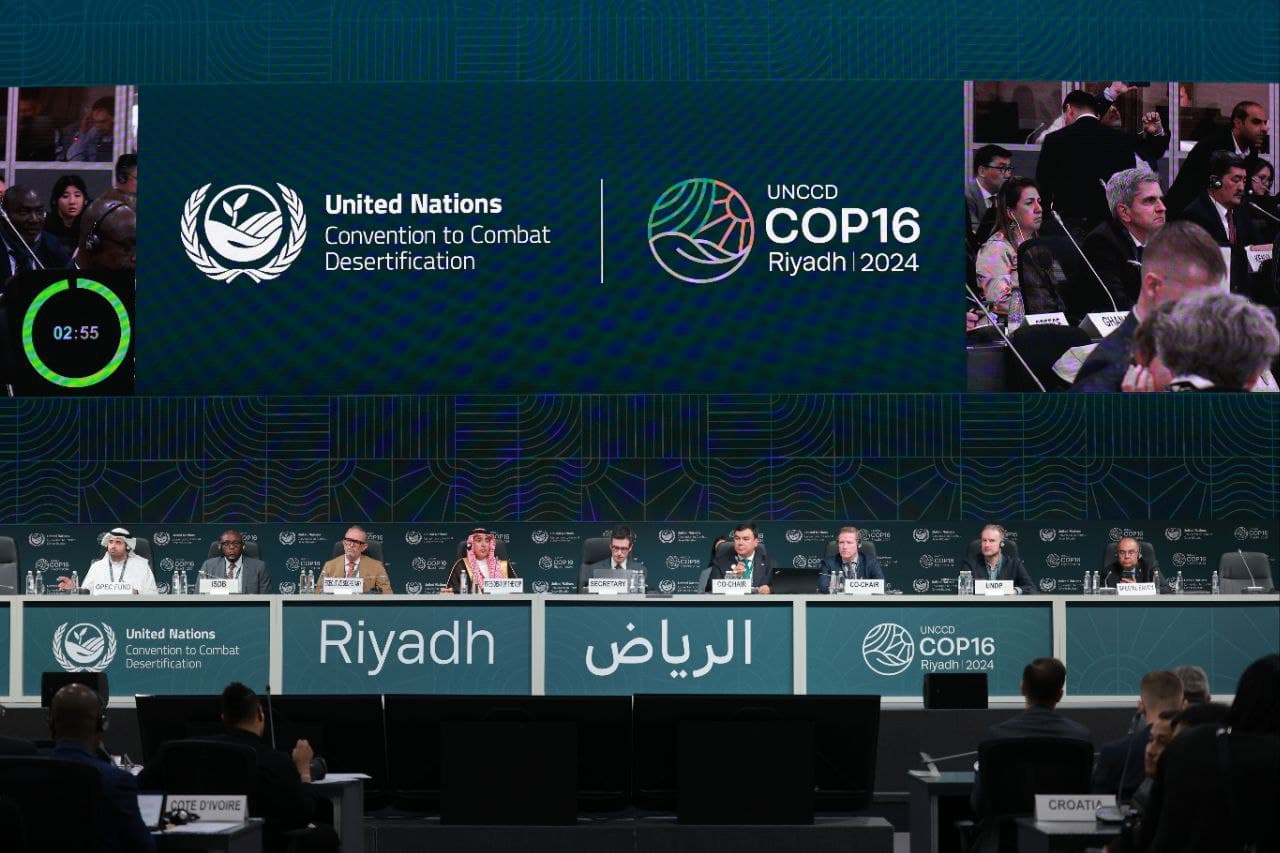
The event was attended by Deputy Minister of Environment of the Kingdom of Saudi Arabia Dr. Osama Ibrahim Faqeeha, Under-Secretary General and Executive Secretary of the UNCCD Ibrahim Thiaw, UNDP Administrator Achim Steiner, Chairman of the Islamic Development Bank Muhammad Sulaiman Al Jasser, President of the OPEC Fund for International Development Abdulhamid Alkhalifa, UN Special Envoy on Financing the 2030 Agenda Mahmoud Mohieldin, UNFCCC Executive Secretary Simon Stiell, UN CBD Executive Secretary Astrid Schomaker, IFAD President Alvaro Lario, Global Director for Environment, Natural Resources and Blue Economy (ENB) at the World Bank Valerie Hickey, and others.
The dialogue provided the ministers of the UNCCD member countries, stakeholders, and investors with a platform to make statements and develop revolutionary solutions for land restoration and increasing drought resistance around the world.
Speaking at the event, A. Abdukhakimov noted that Uzbekistan intends to restore more than 2 million hectares of degraded lands by 2030, bring the country's strategies in line with the goals of the UNCCD on the neutrality of land degradation, and ensure sustainable livelihoods for vulnerable segments of the population.
"Over the past five years, the government has allocated more than $ 1 billion from the national budget for sustainable land management and afforestation initiatives. Despite these efforts, funding gaps remain around the world", said the minister.
Abdukhakimov also noted that reliable financing mechanisms and innovative partnerships are required to expand these ambitions.
The ministerial dialogue addressed the critical need to increase investments in combating land degradation, desertification, and drought, which cost the global economy 10 trillion US dollars per year. It was noted at the session that public financing supports long-term recovery projects, while private financing introduces innovative tools such as green bonds and impact investing. Together, public-private collaboration can reduce funding shortfalls and scale sustainable solutions.
"Uzbekistan has already demonstrated its ability to effectively manage international financing. Our partnerships with international financial organizations have led to successful afforestation projects in the Aral Sea region, transforming degraded lands into ecosystems that benefit both people and nature. But with easier and faster access to international finance, we can do much more. Uzbekistan is ready to expand these efforts and become the center of regional cooperation in Central Asia", said the minister.
It was also noted that investing in land restoration and drought resistance is not just an environmental commitment but a reasonable economic choice. Every dollar invested in land restoration brings benefits ranging from increased agricultural productivity to improved water supply and adaptation to climate change.



